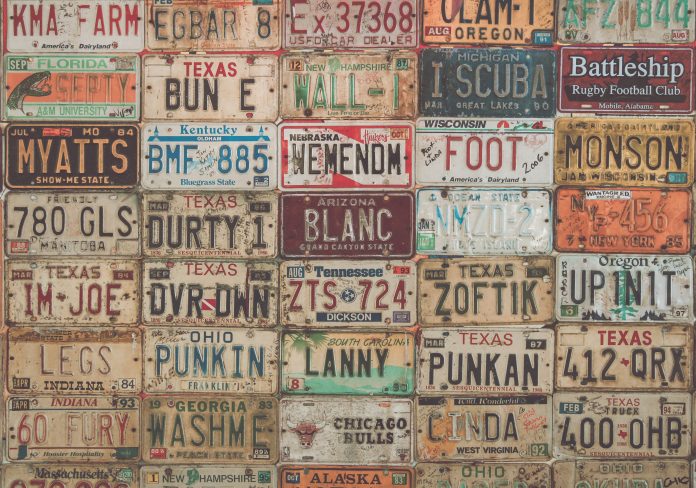
Automobile technology has had plenty of tech makeovers over the decades, and now license plates are catching up. RPlates, made by Reviver Auto, is a “smart” license plate that has the ability to assist law enforcement and help users pay for vehicle registrations without a paper trail. California drivers will be able to use RPlates, as Reviver Auto partnered with Pendragon North America (PNAA) in March to sell the RPlate Pro to consumers.
What makes RPlates so different? For one, they go far beyond displaying the plate. The technology allows users to add digital communications right on the vehicle identifiers; adding whether it’s messages to notify the public of Amber Alerts, or alerting the police if a vehicle is stolen. What’s more, Rplates also have the ability to notify users if a registration tag is expired, or allow motorists to customize their plates – much like vanity plates – with DMV-approved messages, such as “Don’t drink and drive” or show off their favorites sports teams.
“The license plate has not changed since Henry Ford debuted the Model T in 1908. Today, 110 years later, change finally hits the road as the RPlate Pro launches into one of the largest vehicle markets, and most technologically progressive landscapes, in the world, with more to follow,” said Neville Boston, CEO of Reviver Auto.
Reviver debuted RPlates at the North American International Auto Show (NAIAS) in January of 2017 and shortly after secured $6.8 million during a Series A round.
“Our team has been working to modernize the antiquated 125-year-old stamped metal license plate for more than seven years – including four years of successful collaboration with the California DMV, Governor’s Office and State Legislature, CHP and the California Department of Transportation, an effort that has paved the way for approvals in other states,” said Boston at the time of the company’s debut.
The RPlates cost $699 and require a service plan, which is $8 per month.
Already 15,000 digital plates have been pre-sold. The company expects 1,500 of them to be on the road by the end of June.
California approved testing the technology in 2013.












